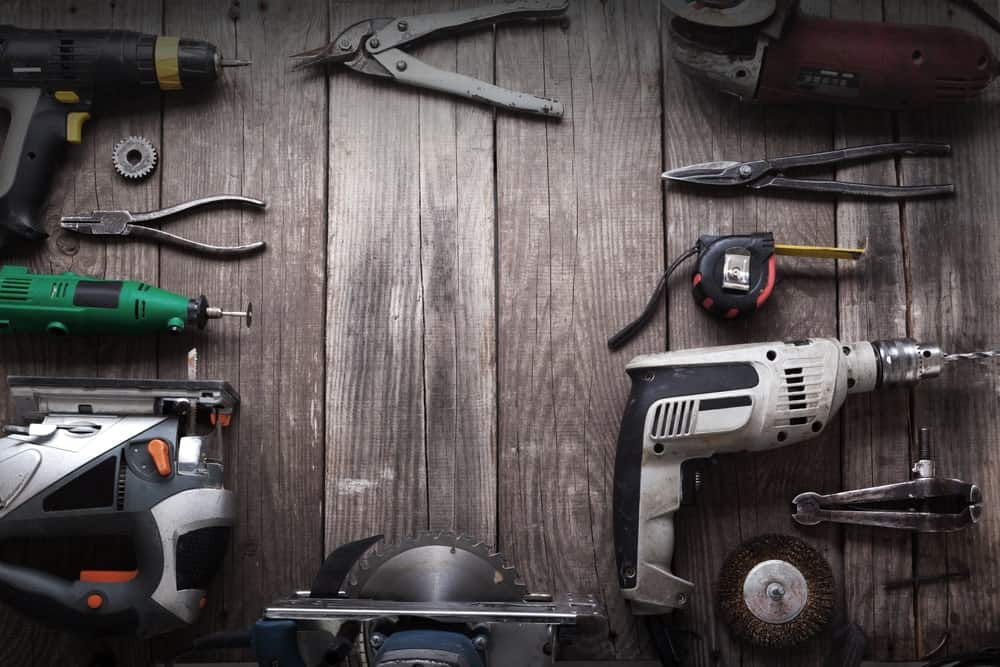



Article by: Hari Yellina (Orchard Tech)
Power tools should not be left in your work car, especially if it is a cordless kind with a battery that can be recharged. This is extremely applicable in Darwin, which is famed for its scorching weather. In an unfortunate incident, the battery blew up, igniting a fire among other materials in the rear seat and severely ruining the vehicle’s interior. No one was injured. WorkSafe in the Northern Territory has issued a safety alert to all tradies considering doing the same. On the weekend of January 23, the tool’s owner left the cordless impact wrench in the rear seat of his work vehicle. Over the weekend, the temperature hovered slightly above 30 degrees.
WorkSafe stated the lithium-ion battery came from a “reputable” manufacturer. Even so, it exploded up. Lithium-ion batteries, according to NT WorkSafe’s technical services director Anthony Waite, have become an essential element of modern civilization, powering our cellphones, laptops, and power equipment. Mr Waite believes that this tragedy serves as a timely reminder to everyone about the hazards that batteries can cause if they are not properly stored. “Under the Australia Dangerous Goods Code, lithium-ion batteries are considered as dangerous goods,” Mr Waite said.
“Because of the potential dangers these batteries pose, there are specific packaging, storage, and transportation requirements for these types of batteries and the devices and equipment they are found in.” “Our major message is that lithium-ion batteries should not be left or stored in hot regions or in direct sunlight, since they might explode and constitute a fire danger in your business or house.” “Fortunately, no one was wounded in this incident because the vehicle was vacant.” Mr. Waite explained.